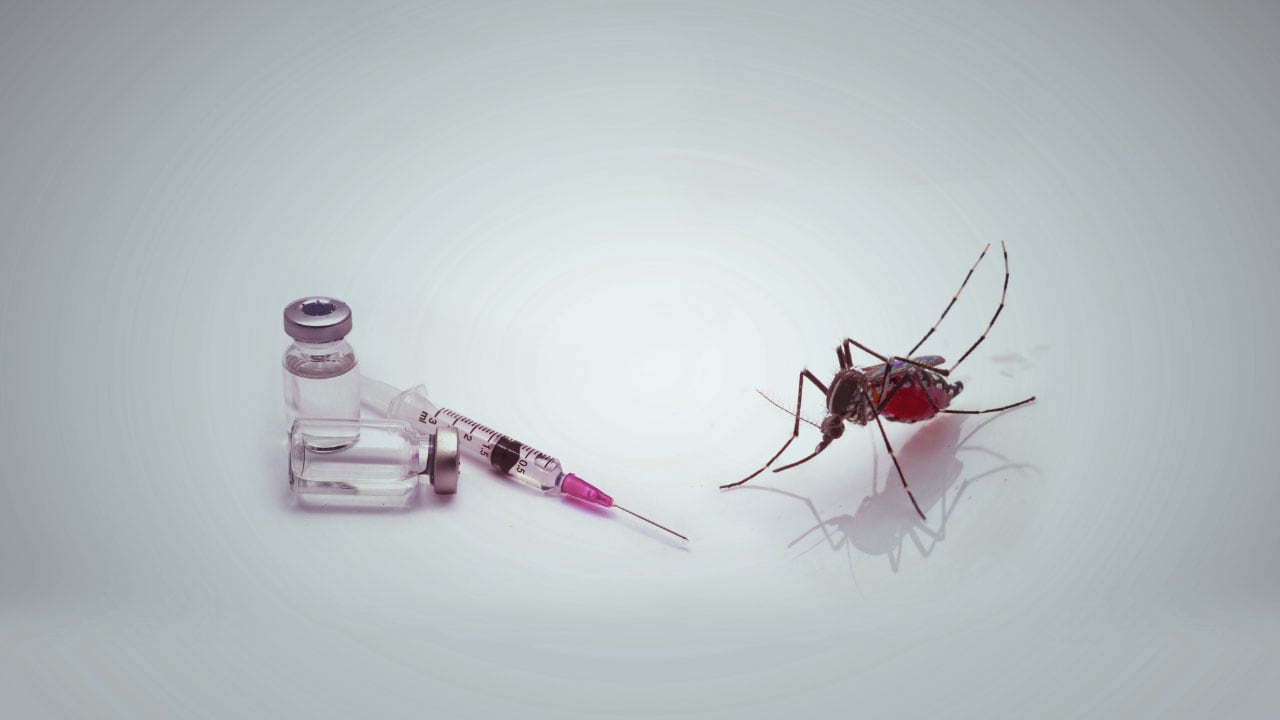This transcript has been edited for clarity.
Hello. I'm Paul Auwaerter for Medscape Infectious Diseases, speaking from the Johns Hopkins Division of Infectious Diseases.
Most infectious diseases physicians have treated malaria. Severe malaria is a true medical emergency in infectious diseases, requiring urgent treatment with an antimalarial drug. Plasmodium falciparum malaria (the most common type) in the United States has been treated since the early 1990s with intravenous quinidine, a drug developed by Eli Lilly for the treatment of cardiac arrhythmias, when quinine was no longer available.
Unfortunately, quinidine had a host of issues that made it difficult to use in severely ill patients. For example, quinidine also has proarrhythmic potential. The World Health Organization recognized that some very well-done clinical studies[1,2] have been done on the artemisinins (such as artesunate), given intravenously, and that drug should be the preferred treatment for severe malaria.
However, in the United States, probably because no one was using quinidine as an antiarrhythmic and the market for quinidine for treatment of severe malaria was relatively small, Eli Lilly elected to end production of quinidine, and existing supplies were exhausted by early 2019. By April 1, 2019, artesunate was the only drug available.
Up to 2000 cases of malaria (all imported) are reported annually in the United States, and 300 of those are characterized as severe. In 2015, eleven people died of malaria in the United States.[3]
There is clearly a need for an effective treatment for malaria. For someone who is severely ill, getting treatment as early as possible could be life-saving. But can you get artesunate in your hospital pharmacy? No. This is one of the struggles in our American system of providing drugs.
The Centers for Disease Control and Prevention fortunately has stepped in and will supply artesunate under an investigational new drug protocol. Artesunate isn't US Food and Drug Administration (FDA)-approved because no one has deemed it economically viable to seek FDA approval. I understand this position. However, at least two clinical trials[1,2] of malaria in children and adults have transformed opinions about the drug—except in the United States, where we are behind on this issue.
One problem is that owing to antimicrobial resistance, we've reached the end of the antibiotic era. Pharmaceutical companies have little incentive to develop drugs for resistant gram-negative infections, for example, that would have a very small market. It would be very hard for a company to earn back the money that it spent developing these drugs, performing clinical trials, and presenting their findings to the FDA.
This is an area of opportunity that needs rethinking. The process has improved in some ways through the creation of a limited population pathway. For example, isavuconazonium sulfate (Cresemba) was approved for aspergillosis, but also has an FDA indication for the treatment of mucormycosis, a secondary indication based on only 37 patients.[4] We are still dependent on manufacturers to make this drug commercially available. There has to be some rethinking of approaches that haven't historically been used to give companies an economic incentive to bring drugs to market or provide them for patient care in the United States. There are probably many drugs, not just anti-infectives, in need of this help.
This obviously is not something that can be easily solved. Going back many years to the late 1960s, Garrett Hardin talked in Science[5] about the tragedy of the commons. He gave some examples related to pollution in the general environment at the time. "Tragedy of the commons" means that individual needs and resources have been coopted with little concern for public circumstances. Climate change is another example where individuals work to satisfy their own needs but are not as invested in the overall common good. So the common good for any type of rare infectious disorder is that society can provide those services; we just need to have the will and the wherewithal.
Follow Medscape on Facebook, Twitter, Instagram, and YouTube
Medscape Infectious Diseases © 2019 WebMD, LLC
Any views expressed above are the author's own and do not necessarily reflect the views of WebMD or Medscape.
Cite this: Paul G. Auwaerter. Severe Malaria: Only One Drug Option Remains - Medscape - May 06, 2019.








Comments